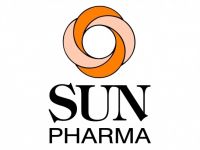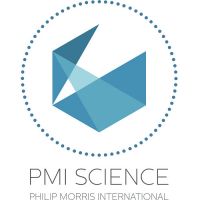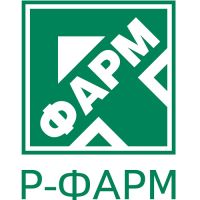Current issue #3, 2017
Regulatory tightening on dispensing alcohol drugs to be resolved shortly
The Russian Ministry of Health will shortly publish a list of alcohol drugs to be dispensed upon prescription. Meantime, an initiative on imposing equal excise rates on all alcohol products is gaining ground, which is bad news for pharma. At the same time, the reasoning of this initiative supporters is clear, too. The currently applicable zero excise rate has resulted in the so-called “dietary supplements” containing 40% alcohol in 0.5 L bottles selling at supermarkets.
[PharmVestnik # 03, 31/01/2017, p. 1, cont’d p. 4]
Experts highlight vagueness of wording of draft law on mandatory licensing
In mid-January, Association Inpharma acquainted the Federal Antimonopoly Service (FAS) with its standing on and assessment of potential risks of implementing mandatory licensing. To remind, February 2nd is the deadline for the completion of public discussion of the draft law amending the Federal Law “On protection of competition” and the Civil Code of the Russian Federation. Analysis of the opinions voiced both by businesses and relevant associations suggests that the mandatory licensing supporters represent a rather small group. When speaking against this procedure, businesses place primary emphasis upon the fact that mandatory licensing already legally exists in Russia, while the adoption of a new law may be fraught with many unpleasant aftereffects.
[PharmVestnik # 03, 31/01/2017, p. 3]
The existing drug certification and declaration system to pass into oblivion
The EAEU common market provides for unification of specific processes, including cancellation of certain procedures typical for national legislation systems. Changes will occur in the drug quality control system as well. Back in 2015, the Union of Professional Pharmaceutical Organizations called on the relevant ministries to pay attention to the existence of duplicate procedures. On the one hand, from the viewpoint of legal language, pharmaceutical manufacturers must obtain declarations of conformity, and in case of manufacturing immunobiologicals they must undergo certification; on the other hand, certification and declaration are not provided for in the EAEU regulations. PharmVestnik has a draft resolution intended to remedy the situation; however, experts believe that this will take about two years.





























Нет комментариев
Комментариев: